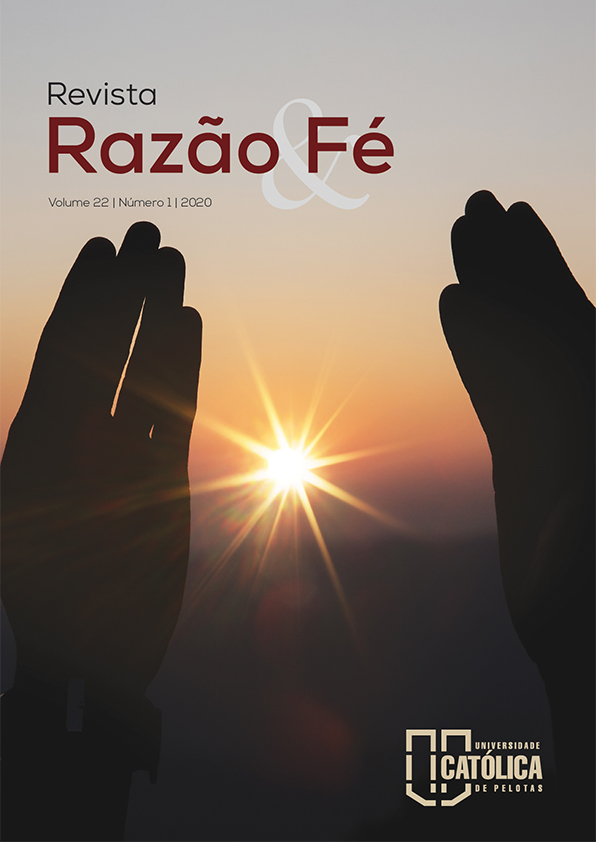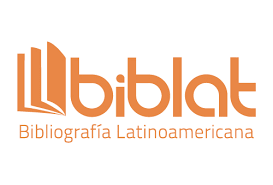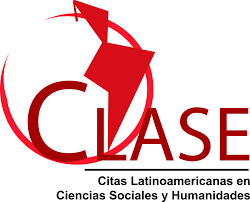REFLEXÕES SOBRE A EDUCAÇÃO NO BRASIL: UM OLHAR HISTÓRICO SOBRE O DESCOBRIMENTO DA AMÉRICA E A INFLUÊNCIA EUROPEIA DE ENSINO
Abstract
Este trabalho tem o objetivo de explanar o processo de pensamento educacional no Brasil, tendo o enfoque em algumas correntes filosóficas, em especial, o iluminismo e o positivismo. Ter-se-á em vista o contexto histórico para tal abordagem, desde o pensamento filosófico europeu (inserido em nosso país pelo método jesuíta de evangelização) até a influência dos métodos tecnicistas deixados pelo legado positivista (que tinham por ideal a ordem e o progresso). Sob um olhar global, buscar-se-á demonstrar, através de uma pesquisa de referencial teórico, os desafios educacionais no século XXI, bem como sugerir propostas de ensino para a superação das incrustações deixadas pelo modelo positivista. O caráter crítico das visões metodológicas contemporâneas sobre a forma tradicional de educação se fazem presentes neste trabalho, de modo a buscar-se uma forma de repensar as relações entre o educador e seus alunos. O ensino tradicional, por adotar uma postura monológica de lecionar, já não consegue alcançar um saber que inspire, no aluno, a criticidade sobre a realidade; apenas lhe confere aptidão à reprodução de proposições pré-estabelecidas. Como proposta, o artigo aponta modelos de educação que ligam a pedagogia à filosofia da educação, estabelecendo um vínculo capaz de edificar nos alunos e professores uma relação mútua de conhecimento, aprendizagem e ensino.
Downloads
Downloads
Pubblicato
Come citare
Fascicolo
Sezione
Licenza
Autores que publicam nesta revista concordam com os seguintes termos:- Autores mantém os direitos autorais e concedem à revista o direito de primeira publicação, com o trabalho simultaneamente licenciado sob a Licença Creative Commons Attribution que permite o compartilhamento do trabalho com reconhecimento da autoria e publicação inicial nesta revista.
- Autores têm autorização para assumir contratos adicionais separadamente, para distribuição não-exclusiva da versão do trabalho publicada nesta revista (ex.: publicar em repositório institucional ou como capítulo de livro), com reconhecimento de autoria e publicação inicial nesta revista.
- Autores têm permissão e são estimulados a publicar e distribuir seu trabalho online (ex.: em repositórios institucionais ou na sua página pessoal) a qualquer ponto antes ou durante o processo editorial, já que isso pode gerar alterações produtivas, bem como aumentar o impacto e a citação do trabalho publicado.






